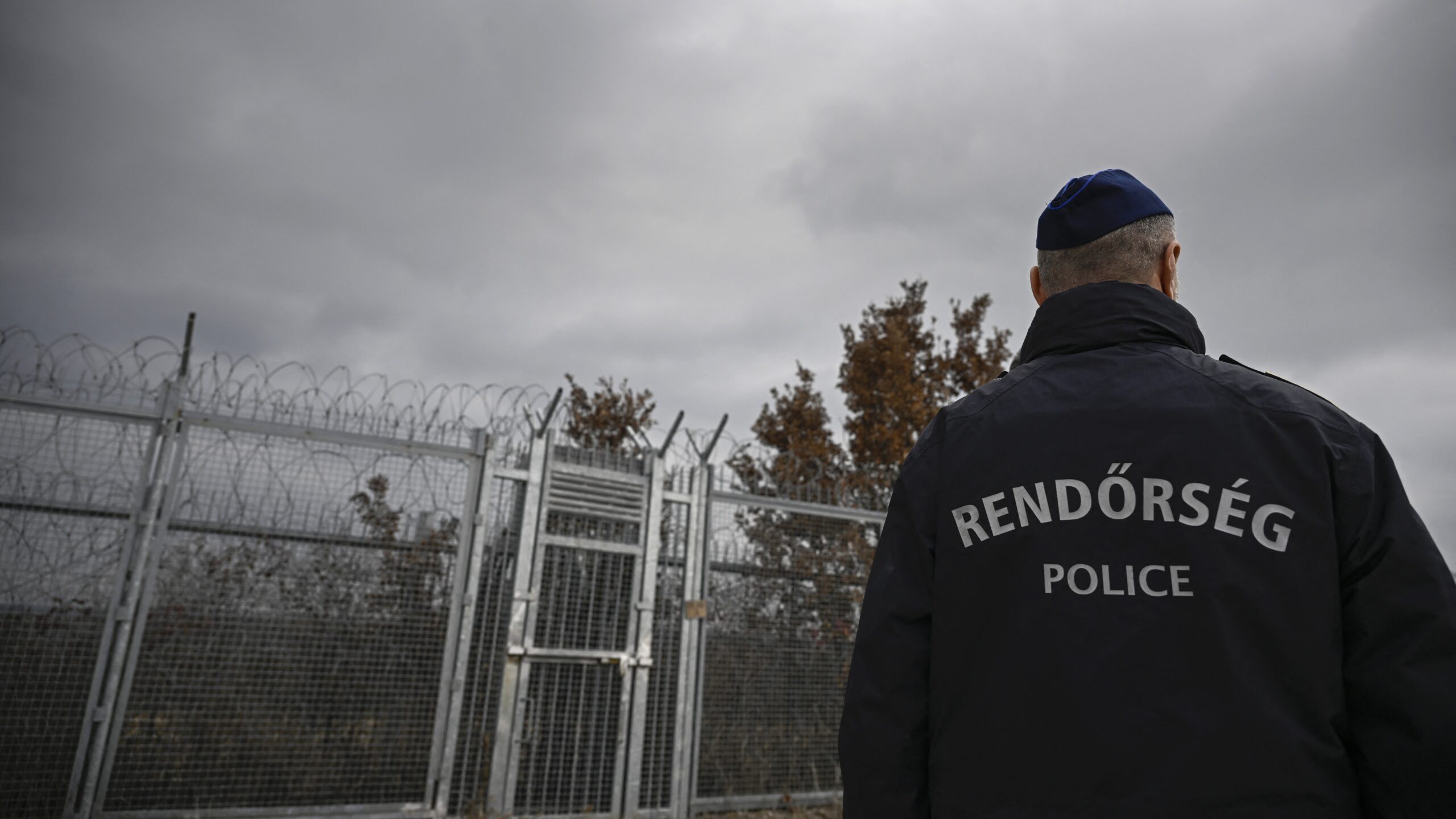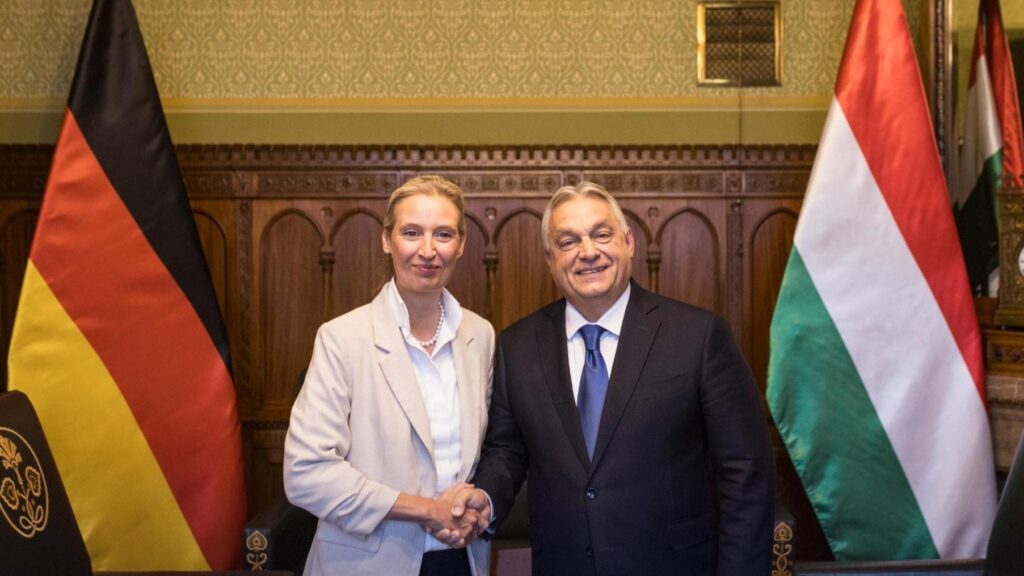Hungary is facing growing migration pressure, as authorities have detained 11,400 illegal border crossers so far this year, compared to 9,300 during the same period last year, Chief Security Advisor to the Prime Minister György Bakondi said on Sunday in an interview with M1 television.
Bakondi noted that although the overall number of illegal crossings on the Balkan route has declined, Hungary continues to experience a rise along its own borders. He recalled that two years ago, Hungarian and Serbian police forces jointly expelled human smuggling networks from the border area. These groups later relocated to Bosnia and Herzegovina, organizing routes toward Croatia, Slovenia, and Italy.
However, the situation has recently shifted. With Italy’s coordination, Croatia and Slovenia have tightened border controls, making crossings more difficult. At the same time, the withdrawal of Serbia’s central police units from the border region has allowed smuggling groups to return, Bakondi explained.
He also observed a broader change in European migration policies compared with 2015. For example, migrants departing from Africa are now heading directly to the Greek islands, prompting Greece to adopt stricter measures, including closed camps, reduced benefits, and the return of most irregular migrants. Similar tensions have emerged in Ireland and Germany, where public tolerance for rising crime and social strain has diminished.
Bakondi emphasized that Hungary has avoided such problems thanks to its firm border protection policy. ‘There are no illegal migrants in Hungary because the government made the right decision in 2015 to close the border,’ he said.
Despite this, he criticized the European Union for failing to recognize Hungary’s efforts and for pressuring the country to adopt a different migration policy. According to Bakondi, this double standard stems from Hungary’s nation-based approach, even though it protects not only its own citizens but also the security of Europe’s external borders.
‘The Hungarian government’s position is the right one—it serves the interests of both Hungarians and Europeans,’ Bakondi concluded.
Related articles:







